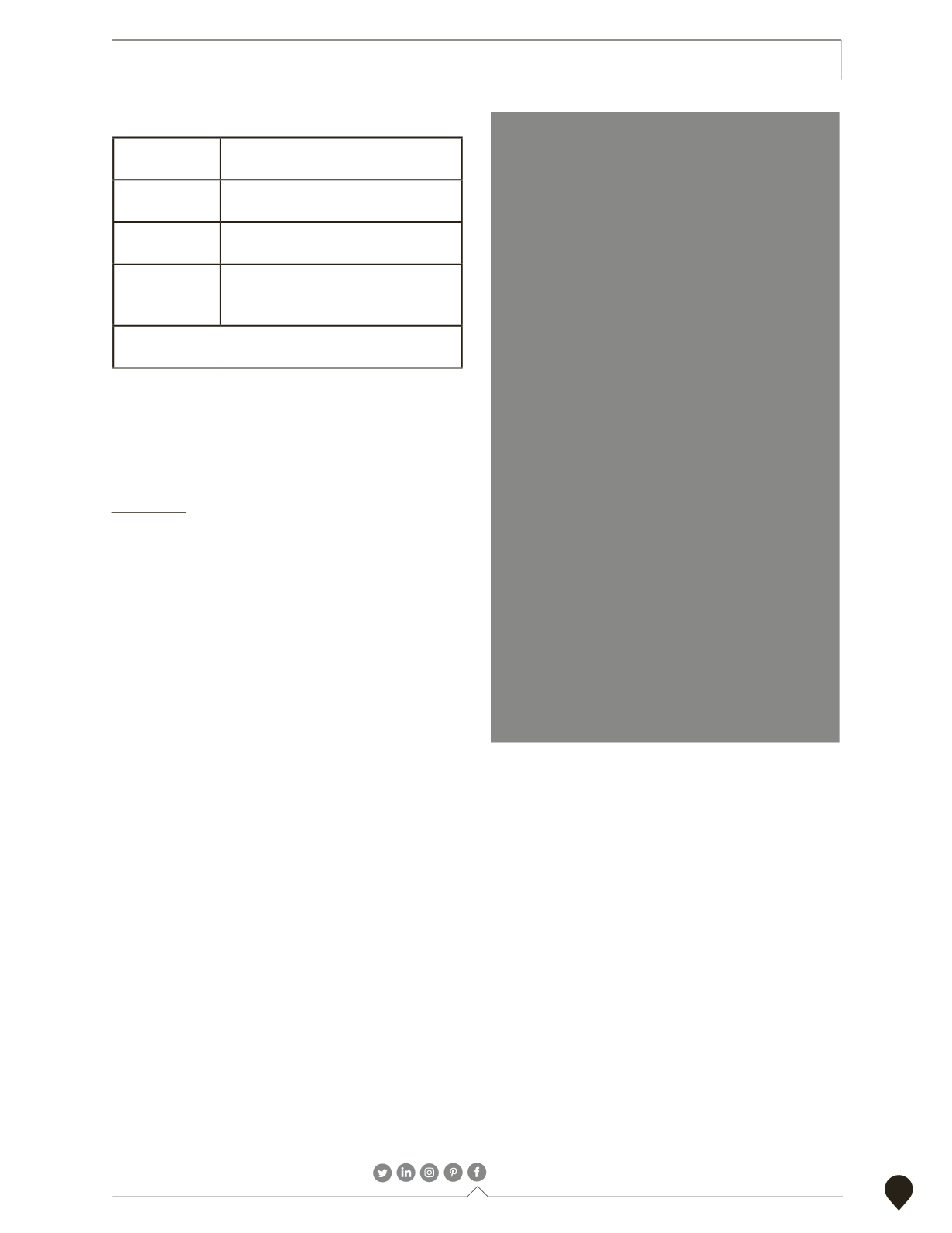
 clemson.edu/career
clemson.edu/career
CENTER FOR CAREER AND PROFESSIONAL DEVELOPMENT
/ClemsonCCPD
55
Winning Questions to Ask
Here are some questions that may be appropriate to
ask. Review these questions before each interview and
decide which ones apply to your situation.
1. Why was this position created?
2. What would my initial duties be? How will they
change over time?
3. What is your method of training and orienting new
employees?
4. Tell me how this job fits in with other jobs.
5. Why did the previous person in this position leave?
6. What is the most difficult part of the job?
7. What are the expectations of the supervisor?
8. What freedom would I have in getting the job done?
9. Describe the type of person who does well in this
company.
10. How would you describe the management style of
the company as a whole?
11. What are some of the short and long range goals of
the company?
12. What would add or subtract from the incumbent’s
performance to increase their effectiveness?
13. How has the company/organization changed over the
past 5 or 10 years?
14. Can you tell me how my performance will be
evaluated?
15. What is going to be the biggest challenge of this
position?
16. When will you be making a decision to fill this job?
17. What is the next step in the application process?
18. What do you like about working for this company?
THE S.T.A.R. METHOD
The STAR Method is a systematic structure to follow when answering
behavioral-based questions during an interview. For example, when
an interviewer asks you to share a time when you set a goal and
accomplished it, you can use the S.T.A.R. Method as an outline for
discussing this experience. It is important that you “tell the story”
of your experience by including the situation, task, action and result.
Career Goals:
1. Do you prefer to work under supervision or on your own?
What kind of boss do you prefer?
2. Would you be successful working with a team?
3. Do you prefer large or small organizations? Why?
4. How do you feel about working in a structured
environment?
5. Are you able to work on several assignments at once?
6. How do you feel about travel, working overtime, the
possibility of relocating, working flextime?
7. How are you conducting your job search and how will
you make your decision?
ASK QUESTIONS THAT SHOW INTEREST
Once you have answered the interviewer’s questions, you will
usually be given the opportunity to ask questions. Interviewers
make hiring decisions based on the answers you give as well
as the questions you ask. Be prepared with questions that
show your concern for the employer’s welfare, not just your own.
This is an opportunity to separate yourself from the pack. Good
questions are related to the job for which you are applying. Ask
about job duties, the department, company goals and growth
opportunities.
Do not ask about the salary, things that you have already been
told or things that are obvious.
Avoid these kinds of questions:
1.
“What about benefits?”
2.
“When could I expect a promotion?”
3.
“What happens after my probationary period?”
4. “How much will I earn?”
S
ituation
Detail the background. Provide a context.
Where? When?
T
ask
Describe the challenge and expectation.
What needed to be done? Why?
A
ction
Elaborate your specific action. What did
you do? How? What tools did you use?
R
esults
Explain the results: Quantify
accomplishments, recognition, savings,
etc.
‘STAR’ Technique to Answer
Behavioral Interview Questions
















